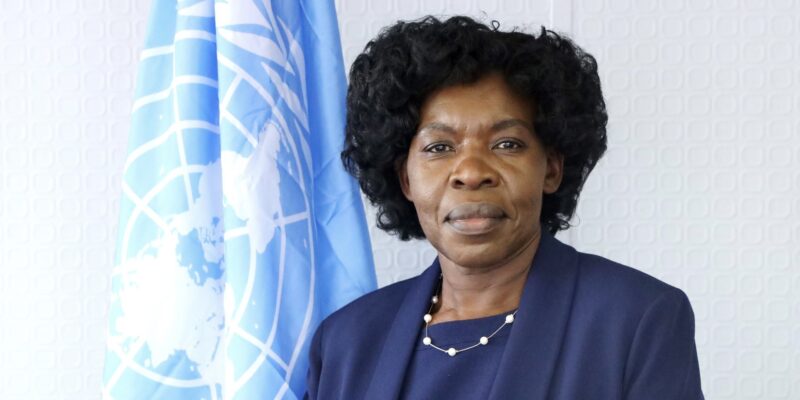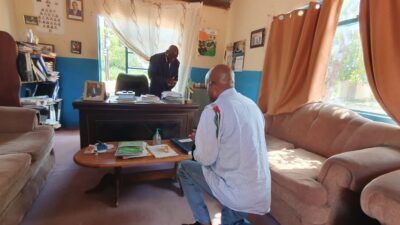The United Nations (UN) has said Zambia’s ability to overcome the debt crisis relies heavily on the performance of agriculture, a key driver of growth and job creation.
The government must thus steadfastly scale up investment that promote productivity and climate resilience in agriculture as well as enhance safety net programmes in support of rural population and low-income households in urban areas.
UN Resident Coordinator, Beatrice Mutali, said this in Lusaka on Thursday during the launch of the Economic Report on Africa.
Read more: UNECA: Committee outlines key issues to tackle poverty, boost trade, investments
Mutali in a speech read on her behalf by United Nations Economic Commission for Africa (UNECA) Sub-Regional Office for Southern Africa Economic Affairs Officer, Oliver Maponga, highlighted specific case on Zambia’s debt.
She spoke on the strategy used for dealing with external debt in Zambia, which had been to enhance revenue mobilization from tax and rents from mineral exploitation and exports.
Mutali indicated that Zambia’s strategy further focused on improving efficiency and transparency in the management of foriegn exchange earnings through mineral exports.
“The country must leverage mineral demand and price booms to shore up its fiscal balances and foreign exchange reserves, reducing the need for borrowing while increasing its capacity to service existing debt,” she said.
Mutali spoke on rationalizing public expenditure and reining in the monetization of budget deficits as constituting a major pilar of the strategy for moving the country back to a path of debt sustainability and strong and sustained growth.
She further stated that Zambia needed to strike an appropriate balance between raising interest rates, private capital flight, quality and currency depreciation on one hand, and supporting domestic investment and exports.
“This could be done by keeping a relatively accommodative stance for interest rate and exchange rate policies,” Mutali said.
She said key to this was to avoid frustrating the domestic drivers of economic recovery, while taking advantage of the recovery of international demand for its exports and attracting foreign direct investment.
Mutali also stressed on the need for the Common Framework of the G20 Creditors to deliver on its promises to alleviate the debt burden of developing countries such as Zambia.
“One challenge for the country is getting all the creditors at the table and coordinating the conditions and tools of the debt restructuring.
“As you may be aware, debt restructuring and funding for sustainable development in Africa is one area that the Economic Commission for Africa is advocating in the global financial architecture,” she said.
WARNING! All rights reserved. This material, and other digital content on this website, may not be reproduced, published, broadcast, rewritten or redistributed in whole or in part without prior express permission from ZAMBIA MONITOR.












Comments